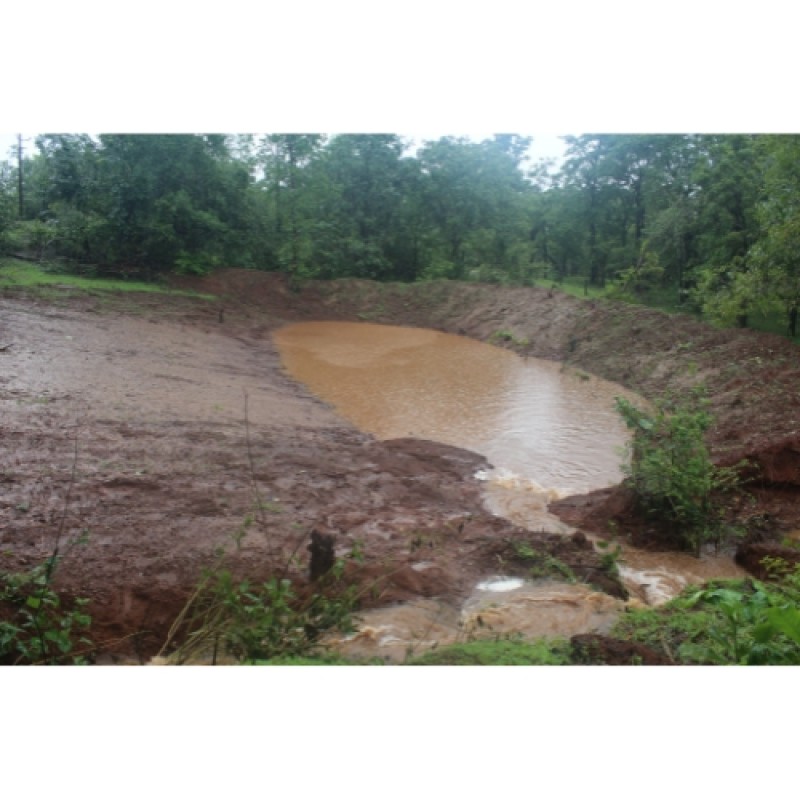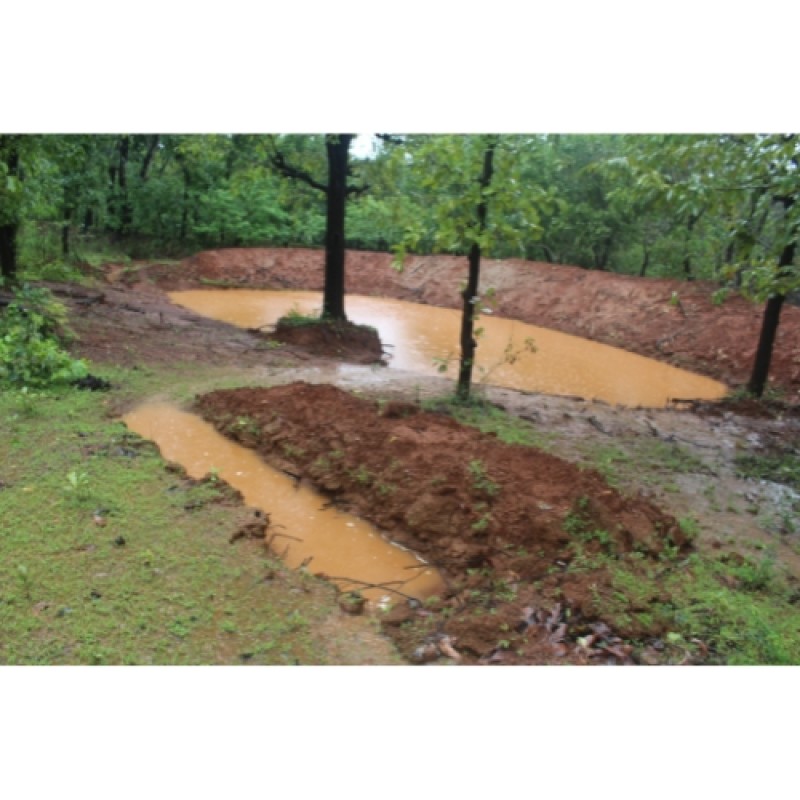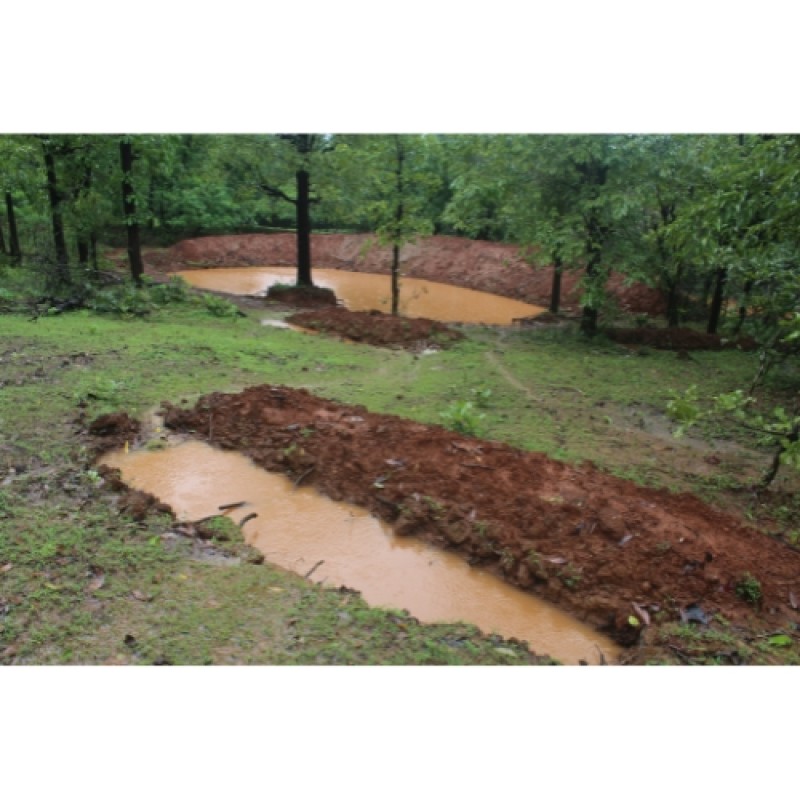BETTA DEVELOPMENT PROJECT
- HOME
- BETTA DEVELOPMENT PROJECT



Betta land is the area that is legally owned by the forest department but handed over to the community for the collection of leaves, firewood, Non-Timber Forest Products (NTFPs) and other things. Also, the local communities use this land for horticulture and grazing of farm animals. Betta land is a privileged forest given to areca gardeners in Uttara Kannada. Areca gardeners have rights over these betta lands for collecting forest products for their bonafide uses. We are working on the conservation of rare endangered and threatened species in fast degrading Betta Land through the protection of species, plant enrichment and wetland creation in Siddapur Taluk of Uttara Kannada District, Karnataka, India.The Betta Lands cover 40,000 Hectares in the Uttara Kannada district and are situated in the heart of the Western Ghats and the northern part of the Malanad Kodagu corridor. The Western Ghats is recognized as one of the twelve mega-biodiversity places in the world. The Western Ghats Forest lands are of national and global importance for ecological balance, biodiversity and the supply of natural resources. In the district of Uttara Kannada, Karnataka, local communities living in the forest lands (Betta Lands) utilize these natural resources for many centuries. Forest lands are degrading due to overuse of forest products, threatened plant and animal species, and unsustainable livelihood of the rural people for a few years.
Due to unsustainable use and management, nowadays more than 70% of the Betta Land is degraded and converted into grassland instead of being covered with useful trees. Also, several wild fruit plants, wild animals and IUCN red list species are disappearing from Betta Land.
Rainwater getting percolated at the hillocks is the primary source of natural springs being generated during summer. Enhancing percolation of rainwater helps groundwater table to get restored and to generate more springs that maintains moisture at the upper layer of the land in the vicinity of the hill. Knowing its importance, MANUVIKASA develops hundreds of soak pits of the dimension of 8 feet wide, 3 feet length and 3 feet depth on the top of the hilly area and a small lake kind of structure to stop the flow of rainwater and help it percolate there itself. This creates a greater number of natural springs so that farmers could leverage surface water.
Traditional methods were not energy-efficient and consumed large quantities of biomass fuel, thereby contributing to the degradation of ecology and the environment.The data collected in the earlier studies show that per capita consumption of firewood was about 1.22 kg and 0.88 kg for cooking and heating bath water respectively. A family of four would use about 3 tonnes of firewood every year for cooking and heating bathwater. Further, traditional stoves that burn fuel-wood incompletely and inefficiently cause a lot of smoke that spreads into the kitchen. Constant inhalation of smoke by women and children brings about various health issues. Scientists at the Indian Institute of Science have developed fuel-efficient devices for various purposes such as cooking, bath water heating, drying, and processing agri-products etc. MANUVIKASA staff members have undergone training in the Indian Institute of Science ASTRA center to construct stoves with different purposes and dimensions. Earth-Watch Institute of New Delhi supported the promotion of smokeless stoves in our region.
MANUVIKASA is helping the community members to build energy efficient Stoves by providing interest-free loans which helps in drastically bringing down the amount of firewood used, thus reducing the pressure on betta land. Around 250 cooking and Bath stoves have been constructed by us till date.
MANUVIKASA aims in this pilot project to collaborate with the Forest Department and the local communities to protect and restore the forests of the Betta Lands. Indigenous knowledge, technical solutions and scientific research will be used to develop a sustainable management plan, based on community-based forest conservation. The project will be set up as a case study of the Siddapur Taluk, of Uttara Kannada District consisting of 4,000 Ha Betta Land.
MANUVIKASA co-operates with different stakeholders in communities, governments, research institutions and NGOs to set up a collaboration on the sustainable management of the Betta Land. This collaboration is essential for the protection and restoration of Betta Land and the preservation of its particular biodiversity. Also, a business model will be developed for the community-based conservation of the Betta Land. MANUVIKASA has set up this project (from July 2013 until July 2015) to realize these goals. Financial support has been granted by UNITED NATIONS DEVELOPMENT PROGRAM (UNDP) small grant program and the Centre for Environment Education (CEE).
